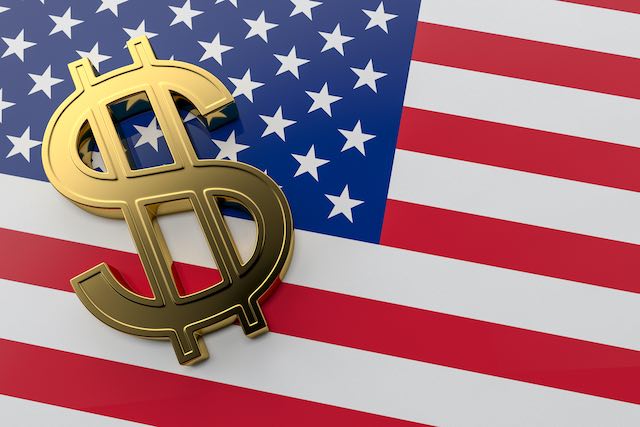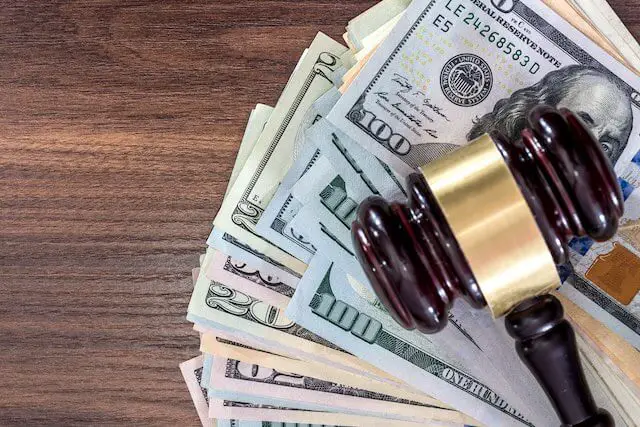In December 2022, the Federal Labor Relations Authority (FLRA) issued a proposed rule making it easier for federal employees who want to cancel their dues withholding authorization. The new FLRA proposal would provide greater support for federal employee unions and make it more cumbersome for a federal employee to cancel a dues withholding payment—a policy consistent with the Biden administration’s general favoritism and support of unions. Comments were due by January 20, 2023.
Perhaps the FLRA hoped to get the policy statement finalized before there were not enough FLRA members to vote for it. If that is the case, the time passed and it has not become effective.
Also, a new bill, the Paycheck Protection Act (H.R. 4971), would go further and prohibit the federal government from collecting dues payments for labor organizations.
Recent FLRA History on Union Dues Withholding
There is history behind the FLRA’s proposal to make it easier for a union to collect dues payments from employees (and also makes it harder for a federal employee to cancel dues payments).
In July 2020, the Federal Labor Relations Authority issued a rule making it easier for federal employees to cancel dues withholding. At that time, the FedSmith article read:
The Federal Labor Relations Authority (FLRA) has issued a “final rule” on an issue based on a request for a general statement of policy from the Office of Personnel Management (OPM). The result is a decision that some federal employees will applaud as they can now more easily cancel their withholding of a union dues payment. The new rule was published in the Federal Register on July 9, 2020….
On the other hand, federal employee unions will not like the decision as it will impact their financial security by making it easier for federal employees to cancel their dues withholding.
The FLRA’s most recent policy for canceling union dues payments allowed employees to revoke their payment of union dues at any time after one year. The FLRA concluded there was not anything in the labor relations statute that “expressly addresses the revocation of dues assignments after the first year.”
Where The FLRA Proposal Stands on Dues Withholding
In December, the FedSmith article stated, “There is little doubt that the FLRA will institute a new policy that reverts back to the previous system of restricting when a federal employee will be able to cancel a dues-withholding authorization.”
The FLRA proposal on changing the dues withholding process has not been issued.
There are currently two FLRA members: Chairman Susan Tsui Grundmann and Member Colleen Duffy Kiko. President Biden has nominated a third FLRA member, Nancy Anderson Speight. She has not been confirmed by the Senate.
Member Kiko was the FLRA Chairman from 2017 until January 21, 2021. Under her leadership, the FLRA’s current policy on dues withholding was issued. It may be that the proposed FLRA policy, issued in 2022 when there were three FLRA members, will not be decided until there is a third FLRA member confirmed.
Legislation Proposed to Eliminate Agencies From Dues Withholding Process
Many federal employees have probably not heard of the Paycheck Protection Act. Many federal employees would probably like this bill to be passed into law. It would make it easier for federal employees to cancel their union dues withholding if they wish to do so.
For the same reason, federal employee unions are not in favor of it. As cited by the FLRA in the Federal Register notice, the National Treasury Employees Union undoubtedly stated the preference of most unions in noting reverting back to the prior FLRA policy “would restore financial security and predictability for unions.”
Introduced by Congressman Eric Burlison (R-MO), this bill states: ‘‘An agency may not deduct any amount from the pay of an employee for labor organization dues, fees, or political contributions.”
Congressman Burlison says that “Whether or not a worker chooses to join a union and pay dues is up to them. The federal government should not help unions do their job by collecting dues on their behalf.”
The bill would also apply to the Postal Service.
The reason some federal employees may like the proposal to eliminate agencies from acting as dues collectors was stated by the Heritage Foundation:
Having the federal government serve as the bill collector for federal employee unions makes it harder for workers to cancel their union membership. Unlike canceling a membership online through the organization’s website or ending automatic bank payments, federal workers cannot go to the source of their payment—their employer through their paychecks—to get out of their union. Instead, federal workers have to contact union officials—who will almost certainly push back—and then wait for the union to notify their employer to cancel their dues deductions. Often, workers have only small and limited windows in which they are allowed to request cancellation.
The bill currently has 8 sponsors or co-sponsors. It is unlikely this bill will pass in the current Congress as it would probably not pass in the Senate or it would be vetoed by President Biden. No doubt, the issue will continue to exist for the immediate future and could pass in a future Congress depending on election results.






